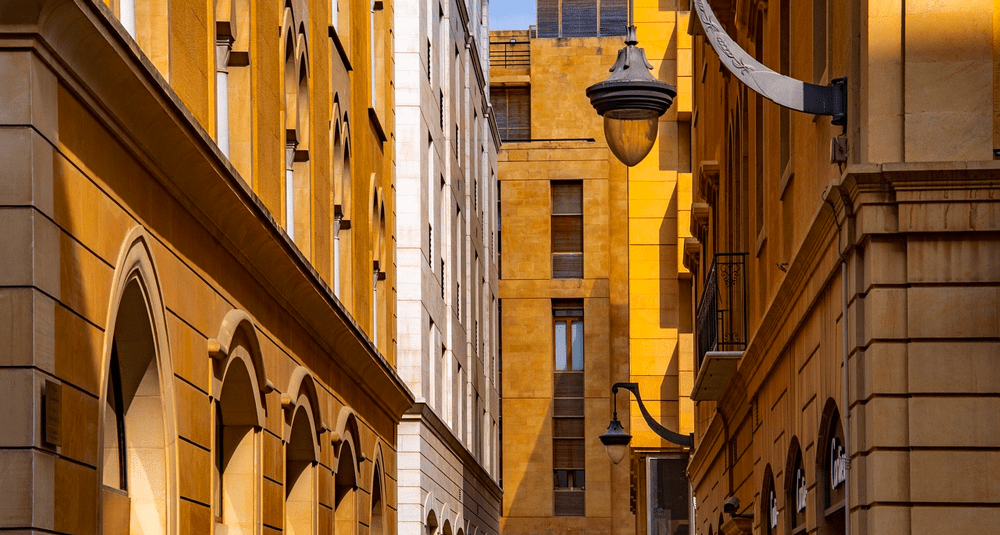What is the capital of Lebanon?
Last Updated:
Beirut is the capital of Lebanon, a country located at the crossroads of Europe, Asia and Africa. This dynamic, historic city is the economic, political and cultural center of Lebanon, known for its diversity, rich heritage and crucial role in the region.
Beirut’s history dates back over 5,000 years, making it one of the oldest cities in the world. The Phoenicians established an important port here, and the city is mentioned in ancient texts as Bêrūt.
Under Roman rule, Beirut became a major legal center with the founding of the Beirut School of Law, renowned throughout the Roman Empire.
During the Middle Ages, Beirut was controlled by various powers, including the Arabs, the Crusaders and the Ottomans. Under Ottoman rule, the city continued to prosper as a commercial center.
After the First World War, Beirut became the capital of Greater Lebanon under French mandate. In 1943, Lebanon gained its independence and Beirut was designated its capital.
Beirut enjoyed a period of prosperity and development in the 1950s and 1960s, often referred to as the Golden Age. However, the Lebanese civil war of 1975-1990 severely damaged the city, resulting in massive destruction and loss of life.
Beirut is an important cultural center, home to numerous museums, art galleries, theaters and universities. The American University of Beirut and St. Joseph’s University are two of the city’s leading academic institutions.
The city boasts a unique blend of ancient and modern architecture. Historic districts such as Gemmayzeh and Mar Mikhaël are known for their traditional buildings, churches and mosques, as well as their lively nightlife.
Notable sites include the National Museum of Beirut, which houses a vast collection of archaeological artefacts, and the Martyrs’ Memorial, a monument commemorating the victims of Lebanon’s struggle for independence.
Beirut is the economic heart of Lebanon, with a high concentration of banks, multinational companies and regional headquarters. The service sector, particularly finance, trade and tourism, plays a central role in the city’s economy.
Following the end of the civil war, Beirut embarked on a vast reconstruction program. Projects such as Solidere have transformed the city center into a modern district with shopping areas, hotels and public spaces.
Beirut, like the rest of Lebanon, faces major political and economic challenges. Political instability, regional conflicts and economic crises are having an impact on the daily lives of residents.
On August 4, 2020, a massive explosion in the port of Beirut caused widespread destruction, leaving many victims and thousands homeless. This tragic event highlighted the problems of governance and infrastructure management in the country.
Beirut is the capital of Lebanon, a city rich in history and cultural diversity. Despite the challenges and crises it has faced, Beirut remains a vital hub for the country, offering a unique blend of tradition and modernity. The city continues to rebuild and reinvent itself, testifying to the resilience and determination of its people.
You may also be interested in
geography

What is the capital of Lebanon?
Answer
The capital of Lebanon is Beirut. Located on the Mediterranean coast, Beirut is the country's economic, cultural and political center, rich in history and diversity.